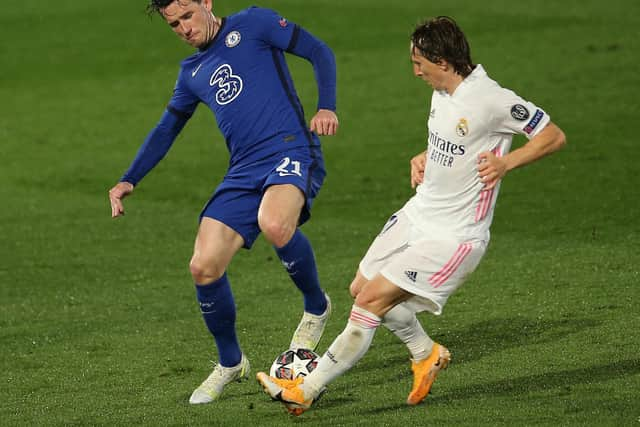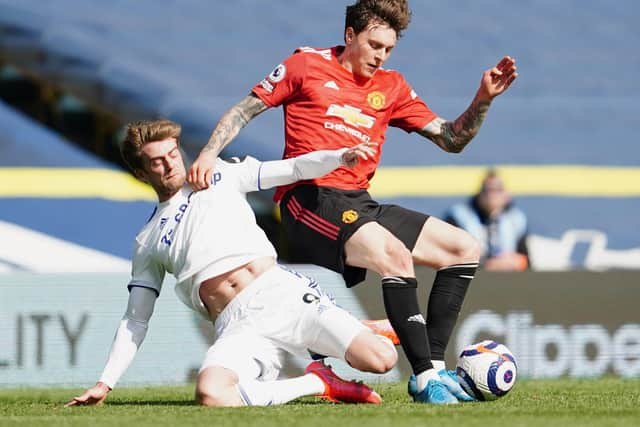We haven't seen the back of the European Super League, that's capitalism - Alex Bond
The ESL project has rumbled away ever since the 90s. Last week, however, was the closest they came to success. Teams physically signed up; club executives made career moves; legal teams ran due diligence, and all looked set. Football was set to ‘change as we know it’.
However, footballs great renaissance of fans, players, governing bodies, leagues, pundits, commentators, and even Boris Johnson saved European football. Maybe a few texts sorted the job.
Advertisement
Hide AdAdvertisement
Hide AdHowever, there is an underbelly of hypocrisy at every level of this renaissance, centred on the ideology of capitalism. Much of the resistance to the ESL project stems from the sentiment of greed. Yet, the Football Association’s initial capitalist project, the Premier League was set up to ‘exploit commercial opportunities’. In fact, this move propelled elite European football into a world of high finance with billionaire owners and millionaire players. So how different are the Premier League and the ESL project?


Exploiting commercial opportunities shifted football into years of hyper-commercialisation, turning European football into a £20bn industry. Furthermore, it performs well amid global crises, relatively unaffected through the 2008 financial crash and still generating approximately £18bn through the current pandemic.
Given this stability through market shocks and wider uncertainty, it is not surprising Europe has seen increased foreign investments, including conglomerates, governments, oligarchs and royalty.
But the ESL will increase the gap between top and bottom. The imbalance has become a feature of European football. At the league level, the English Premier League generates roughly £3bn annually, but France’s Ligue 1 generates around £800m. Barcelona generates approximately $700m annually at the elite club level, whereas Arsenal generates nearly half (around $388m). Within the Premier League, Manchester United generates around £550m, whereas Huddersfield generated £106m.
Advertisement
Hide AdAdvertisement
Hide AdThen consider Leeds United entered the Premier League, having generated between £48-£58m, it is clear the gap is already irreversible. Therefore, how much would change if the top clubs earned more? Probably not much.


The gap in financial resources also limits the arguments of jeopardy. Without jeopardy, football is nothing. Yet, how much real jeopardy is there inherent in domestic leagues? The only jeopardy we really have is who will be the next Leeds United or Sunderland AFC free-falling from grace?
What is the actual issue? Firstly, it is accepting football, once a beautiful game, is now an ugly game played by capitalists. Not just by owners, but the very organisations here to protect the game, like FIFA, UEFA and the Premier League. It is the war between these capitalist institutions which caused the trauma to fans.
UEFA makes nearly £3bn annually from the Champions League. The Premier League makes about £4bn annually. Both of these organisations had their monopoly under siege.
Advertisement
Hide AdAdvertisement
Hide AdIndeed, football’s funders-come-broadcasters, like Sky Sports, are also concerned regarding their monopolistic position.
The real trauma for fans is the realisation that we no longer own the game. The sentiment of ‘football is nothing without fans’ is now ‘ football fans are replaceable with new markets’.
Therefore, the ESL project will be back, and at some point will succeed. Whether current fans like it or not.